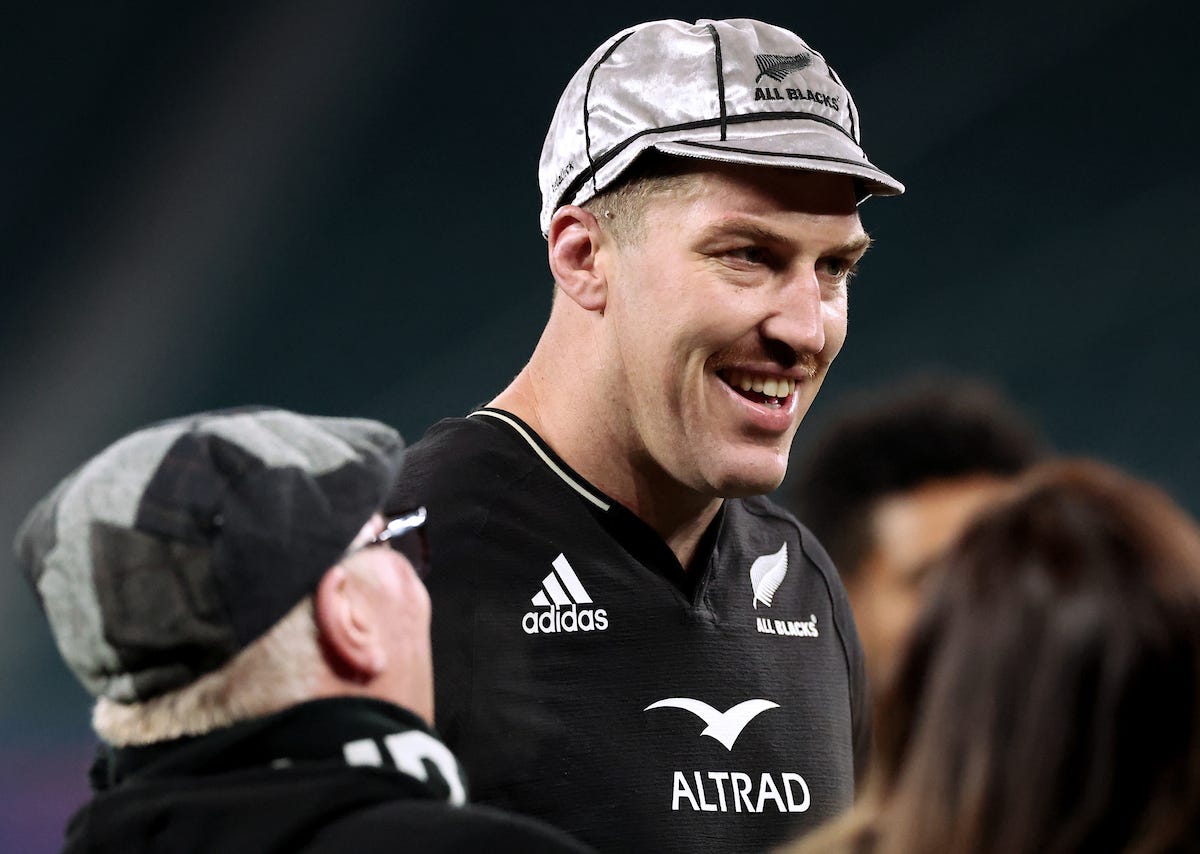Hey, at least we're not Wales
More ABs' wash-up; golf's golden year; Macca's blast at the Ship Steadier; Infantino's infantilism; and an apology of sorts to league fans.

Not much from my end to add to the summation of yesterday’s suitably bipolar test ($), except to note:
Take the kicking out to confirm the draw out of your mind, and England’s final 10 minutes was near flawless. It’…
Keep reading with a 7-day free trial
Subscribe to The Bounce to keep reading this post and get 7 days of free access to the full post archives.



